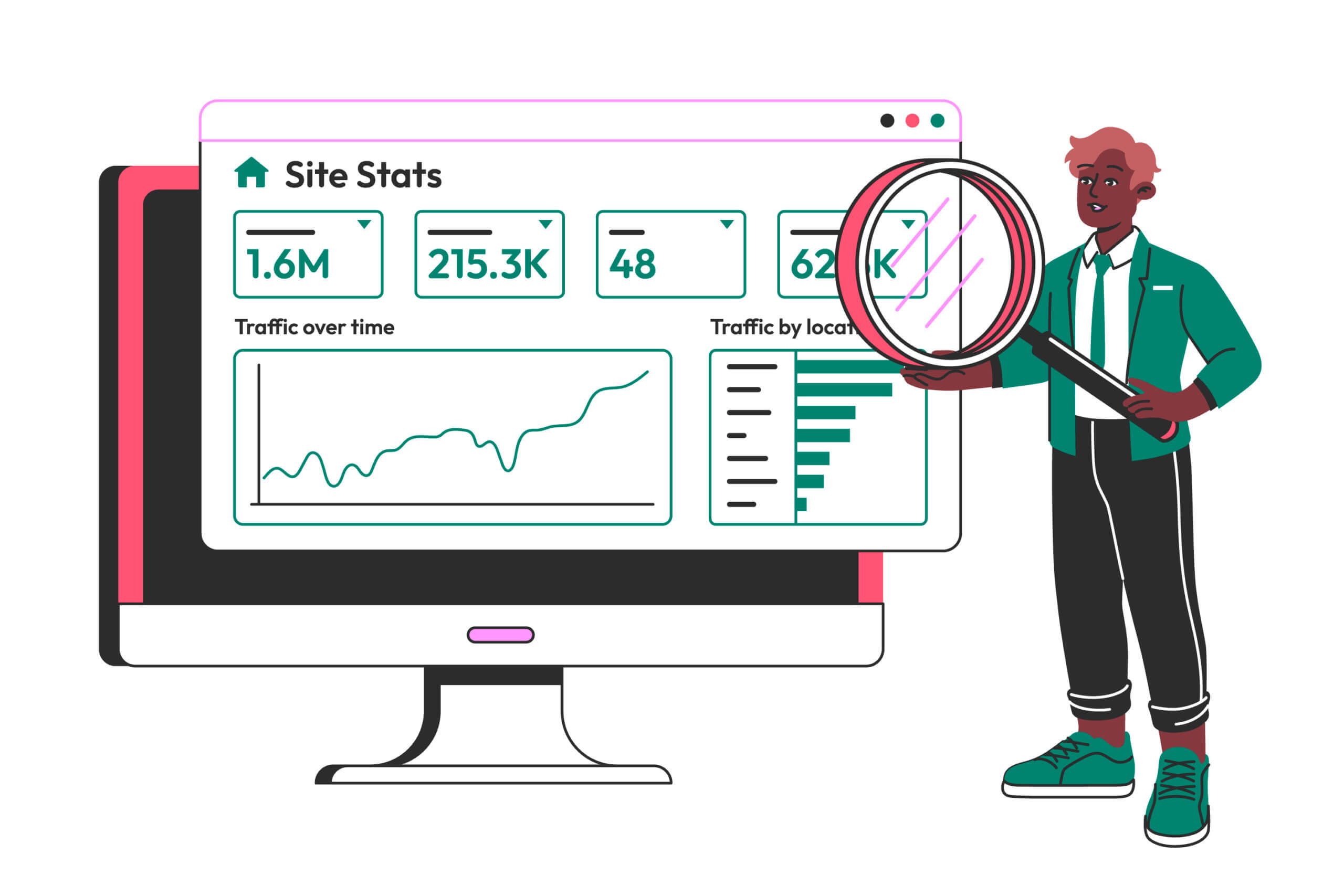
Affiliate marketing, a cornerstone of the digital marketing landscape, has evolved significantly in the modern era. As consumers’ online behaviors and preferences change, so do the strategies employed by brands and affiliates. This article delves into the dynamic world of affiliate marketing trends, focusing on the evolution of influencer partnerships and affiliate strategies in the digital era.
The Genesis of Affiliate Marketing
From Referral Programs to Sophisticated Strategies
Affiliate marketing traces its roots back to the early days of e-commerce when brands rewarded partners for referring customers. Over time, this practice has evolved into a sophisticated marketing strategy.
The Role of Technology
Advancements in technology have facilitated the tracking, monitoring, and optimization of affiliate activities, making it a measurable and scalable approach.
Influencer Partnerships: The Changing Landscape
Rise of the Digital Influencer
Influencers have become digital celebrities, wielding immense influence over their audiences’ purchasing decisions. Brands recognize the potential of influencer partnerships in reaching target demographics.
Micro-Influencers and Authenticity
The trend of collaborating with micro-influencers—individuals with smaller but highly engaged followings—emphasizes authenticity and relatability, fostering more genuine connections.
Diverse Platforms and Niches
Influencers are present across platforms and niches. Brands are diversifying partnerships to engage audiences where they naturally congregate, whether on Instagram, YouTube, TikTok, or niche blogs.
Evolving Affiliate Strategies
Content-Centric Approaches
Successful affiliate strategies focus on content that resonates with audiences. Content could include product reviews, tutorials, comparison guides, and insightful blog posts.
Native Advertising and Integration
Affiliate marketing is increasingly integrated into content, ensuring a seamless user experience. Native advertising blurs the lines between ads and organic content, promoting engagement.
Data-Driven Decision Making
Brands are leveraging data to refine their affiliate strategies. Insights such as conversion rates, user behavior, and affiliate performance guide strategic decisions.
The Rise of Influencer Marketplaces
Centralized Platforms
Influencer marketplaces connect brands with a diverse range of influencers, streamlining the collaboration process. These platforms simplify discovery, negotiation, and campaign management.
Performance-Based Partnerships
Brands are shifting towards performance-based partnerships where influencers earn a commission for driving conversions. This aligns incentives and enhances ROI.
Authenticity and Relevance
Influencer marketplaces enable brands to find influencers whose values align with theirs. Authenticity and relevance drive meaningful engagement.
Challenges and Future Directions
Transparency and Disclosure
As influencer partnerships grow, transparency becomes paramount. Clear disclosure of affiliate relationships is essential for maintaining trust with audiences.
Managing Affiliate Relationships
Managing a network of affiliates, especially influencers, requires effective communication, streamlined processes, and fair compensation practices.
Rise of AI and Automation
The integration of AI and automation streamlines affiliate management. Automated tracking, performance analysis, and payouts optimize efficiency.
Conclusion
Affiliate marketing is not just enduring; it’s thriving in the digital era. As influencer partnerships continue to evolve and affiliate strategies adapt to changing consumer preferences, the landscape becomes more dynamic and nuanced. Brands that navigate these trends with authenticity, data-driven decision-making, and an understanding of the evolving affiliate ecosystem will forge successful partnerships and reap the rewards of effective affiliate marketing.
















